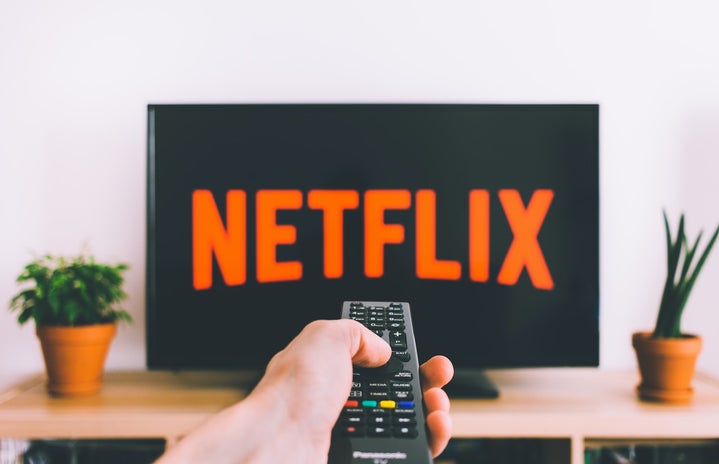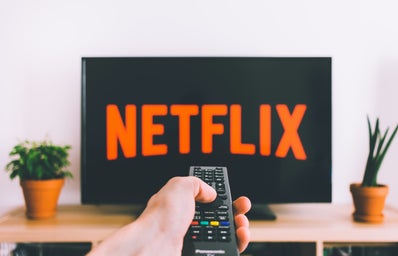Almost nothing hurts as bad as when a piece of media you love gets turned into something nearly unrecognizable: a bad adaptation. That’s a purely subjective thing, to some, an adaptation might be entirely spot-on, and to others, it’s practically impossible to find similarities between the two.
There are many ways to adapt source material, the most common being a direct 1:1 adaptation. In this realm, the best of the best consists of the Lord of the Rings trilogy of films, being good enough to be nominated for and win multiple Oscars.
Then, there’s the complete opposite of the spectrum, when the adaptors take the original work, expand on the lore, and tell a different story in the same world. For a recent example, the new Fallout television series—as a Fallout game series fan, I was originally quite apprehensive—builds on the world and tells a story that feels fresh and fun, while still being recognizably Fallout-esque. Few are as pretentious as Fallout fans–trust me, I know–and the fact that so many are satisfied is very telling. Arcane is an amazing piece of art based on League of Legends that takes the intriguing history and refines it, making it enjoyable as opposed to a wasted opportunity.
When you mix the two, a third subset emerges referred to as a “loose adaptation.” This takes the story as it is, and makes artistic changes, perhaps a character or two are changed, the time period is different, etc. In this particular case, the relatively recent The Last of Us or even One Piece adaptations come to mind. The former brought the world to tears with the episode “Long, Long Time” which came out of nowhere to video game fans but was welcomed with open arms.
Still, even with all of these examples of great adaptations, why does the idea of an “adaptation” strike fear in the hearts of so many?
Because we have been cursed with some pretty bad ones.
Three words: The Last Airbender. And no, I’m not speaking about the new series, which—for all it’s worth—has its fair share of flaws. The 2010 M. Night Shyamalan film adaptation of the beloved animated series generated such anger and vitriol that neither his career nor the concept of “adaptation” were able to recover.
Personally, the Never Let Me Go adaptation is what spurred me on to write this article, because I was offended. Never Let Me Go is the greatest book I have ever read and the film was the most boring adaptation ever, except in the moments where it was rage-inducing with how it assassinated characters and cut out crucial moments from the book. I, subsequently, screamed at the TV on multiple occasions and texted my mom to rant.
Everyone has their own angering adaptation. Media matters so much, it can change lives and perspectives, it can make you feel seen and heard. The hope of seeing your favorite book or even an old movie get adapted for the big screen is amazing, but it is so easily lost. It hurts when the thing that means so much to you is damaged or adulterated by a team that clearly doesn’t see it the same way as you. I can’t think of a way to remedy this, but just to remember that a bad adaptation does not change that first work, it’s still as good as you remember, in whatever form it exists in.


